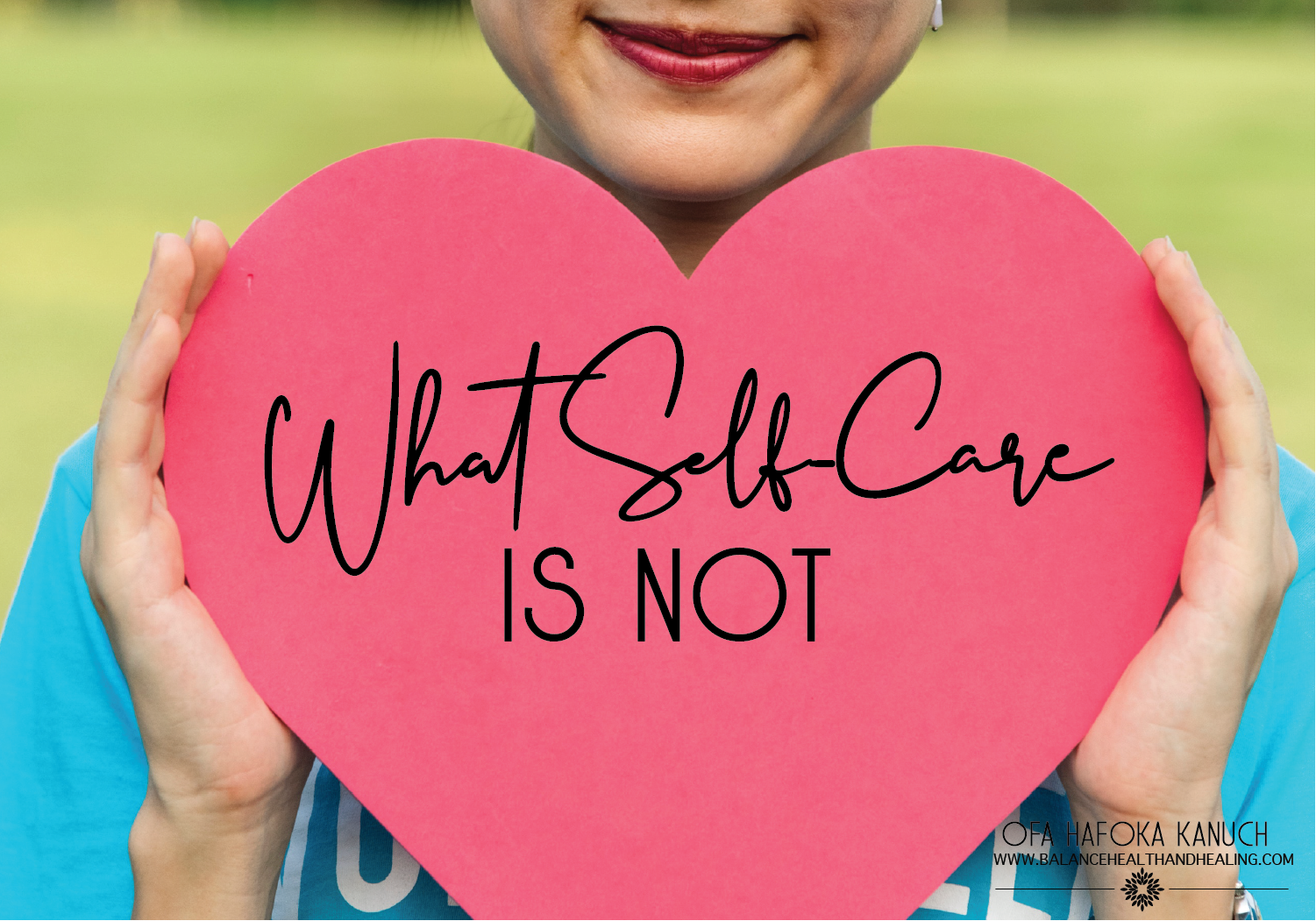The topic of self-care is trending these days. Strategies to promote self-care are openly shared in numerous online platforms, making it easily accessible for anyone searching for tips on nourishing their personal well-being. A quick Google search on “self-care” will yield a myriad of opinions and suggestions on how to prioritize personal needs. I am a strong advocate for self-care so the widespread attention that this topic is getting makes me so glad that people are making it a priority.
However, as the term “self-care” grows in popularity, this means it is also susceptible to misinterpretation and misconception. To clear the air, here are a few things that self-care is not:
Self-care is not selfish
Self-care is not a reward system. You do not have to earn the time or energy to take care of your needs. It is not contingent on your performance or achievements. Self-care is your right. You have the right to nurture yourself. You have the right to practice self-compassion. In turn, this will help you be more effective in the roles, responsibilities, and relationships that you have. Sometimes putting your needs first simply means giving yourself permission to take a ten-minute break, to breathe mindfully, or to slow down in order for you to be more present and authentic in your life.
Self-care is not an escape from life
Self-care is not meant to numb you from what is going on in your life. It can be easy to participate in activities that numb emotions: mindlessly scrolling through social media, avoiding difficult conversations with a loved one, or distracting yourself from facing reality. Self-care is not allowing yourself to detach from real-life relationships. It is recognizing and honoring your needs so you could feel better equipped and energized to face the hard things in your life.
Self-care does not have to be expensive
 In our attempt to value self-care, I think people often believe the misconception that indulging in luxurious activities equates to effective self care. I would be the first to admit that I enjoy consumer self-care (i.e., massages, pedicures, and a fresh hair cut) but it can lose its savor when I overindulge or use it as a means of distraction from problems.
In our attempt to value self-care, I think people often believe the misconception that indulging in luxurious activities equates to effective self care. I would be the first to admit that I enjoy consumer self-care (i.e., massages, pedicures, and a fresh hair cut) but it can lose its savor when I overindulge or use it as a means of distraction from problems.
I believe that effective self-care is when I evaluate the needs for my emotional, physical, mental, and spiritual beings. And most times, this calls for activities that are inexpensive, reflective, and refreshing. Meditation, yoga, going for a walk, contemplative prayer, and reading a good book, are all examples of activities that bring me a sense of refreshment without breaking my bank.
Self-care is not always pleasant
Self-care is not always bubble baths and fine chocolate. For individuals struggling with mental illness, self-care might mean making the effort to meet their basic needs: eating a granola bar, getting out of bed, or washing their face. For someone with severe depression, this is far from pleasant. In these moments, give yourself permission to adjust your expectations for self-care depending on your needs.
As you continue to cultivate a kind and gentle relationship with yourself, I hope that you can tune in to what your body, mind, and soul need to recharge, rejuvenate, and refocus.

